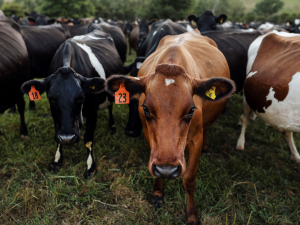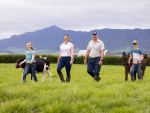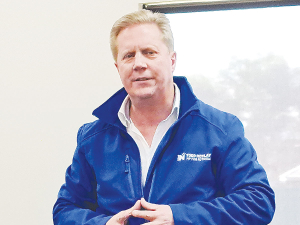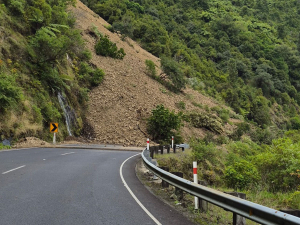Another milestone has been reached in the fight against Mycoplasma bovis with the compensation assistance service being wound up after helping more than 1300 farmers.
The DairyNZ Beef + Lamb New Zealand Compensation Assistance Team (DBCAT) was set up in 2018 to help farmers prepare compensation claims during the M. bovis outbreak. During the past seven years, 1370 farmers have used the free service with more than 2310 claims being finalised.
More than $161 million in claims were submitted by the service on behalf of farmers, including $88 million from dairy farmers and $40 million from beef farmers.
It is estimated that the service saved the M. bovis eradication programme more than $10 million by finding smart farm-systems solutions that mitigated the need for a claim.
DairyNZ head of biosecurity Fi Roberts said the service played an important part in supporting farmers through a tough time.
“We know how hard it was for farmers, which is why we wanted to support those affected by getting them through the compensation claim process as quickly as we could. By having a dedicated team, claims could be processed faster and farmers compensated more quickly,” she says.
DairyNZ Chair Tracy Brown says eradicating M. bovis has been one of the most significant biosecurity challenges the sector has ever faced.
“That’s why it was important that the service was operated independently of government so we could provide specific advice and guidance to help farmers through.”
Beef + Lamb New Zealand chair Kate Acland said DBCAT played an important role in helping farmers navigate what was one of the toughest times in their farming careers.
“The service not only made the compensation process more accessible and efficient, but it also ensured farmers had someone in their corner who understood their operation and their stress.
“We’re proud of the partnership that delivered this support and of the legacy DBCAT leaves in showing how the sector can come together in a time of need.”
DairyNZ partnered with the Ministry for Primary Industries (MPI) and B+LNZ to lead the response phase of the M. bovis eradication programme.
The M. bovis programme is now seven years into a 10-year eradication plan, with currently no active, confirmed properties. The programme transitioned to the M. bovis National Pest Management Plan (NPMP) on 1 January 2025, which Ospri is implementing.
The DBCAT service closed on June 30 with MPI directly handling any new or unresolved claims.
Lessons learned and expertise developed within all the partners continues to inform planning for future incursions, such as Foot and Mouth Disease.


















